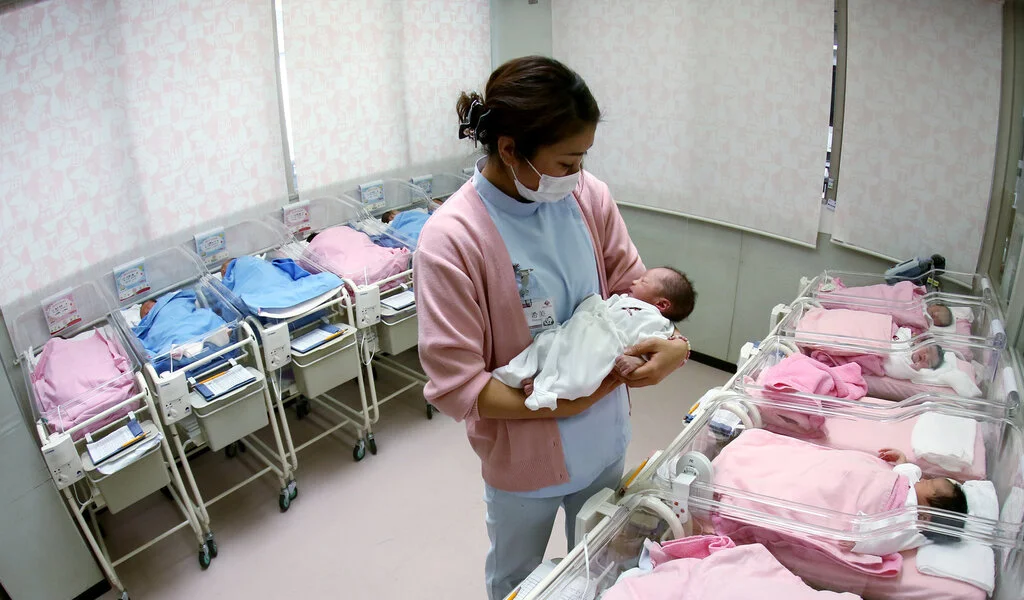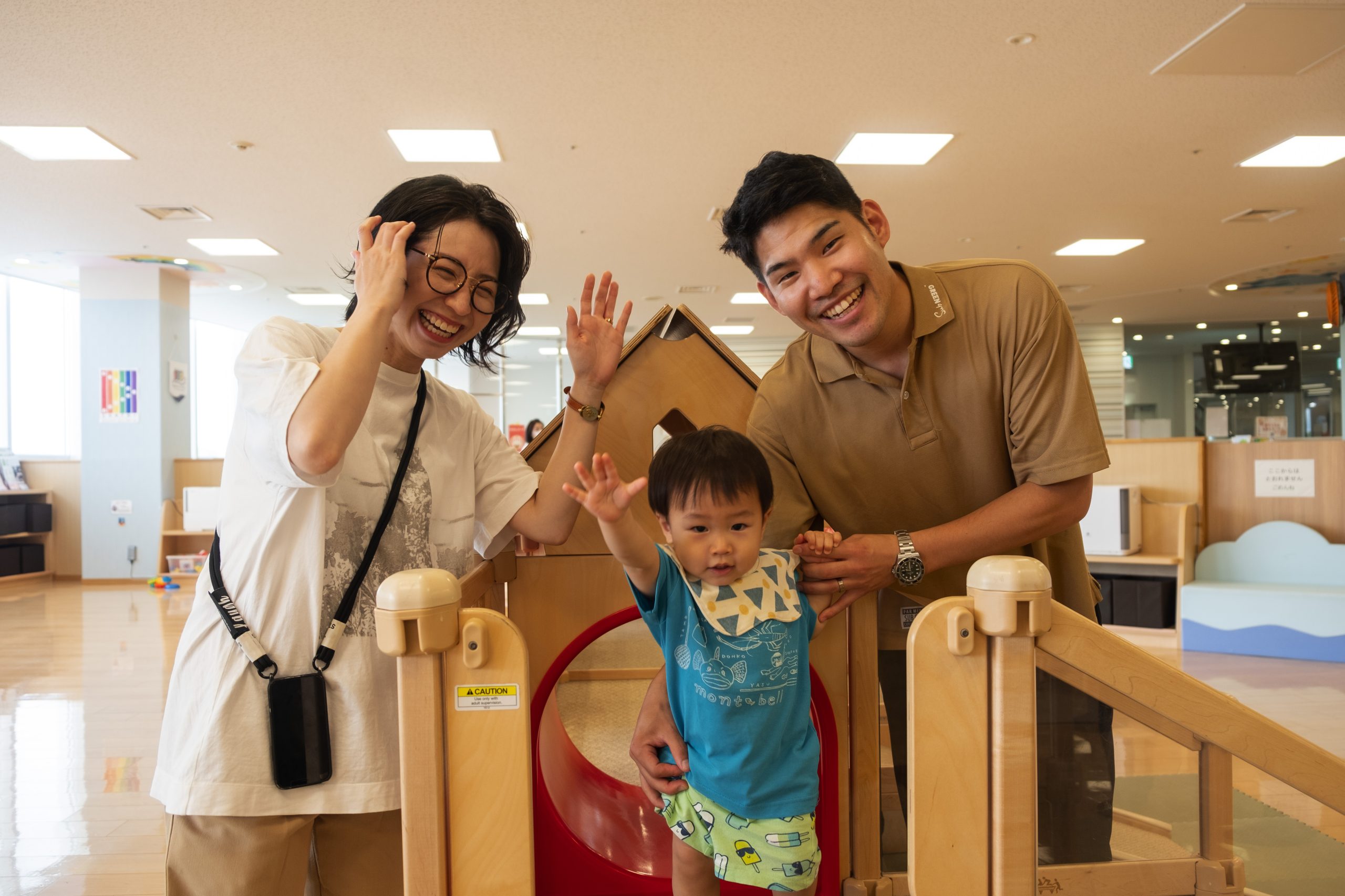News
Japan’s Birth Rate Hits Record Low For 8th Consecutive Year, Government Urges Reversal

(CTN News) – Government data released recently has shed light on Japan’s ongoing demographic challenge: the number of newborns in the country has continued to dwindle for an eighth consecutive year, hitting a historic low.
In 2023, a mere 758,631 babies were welcomed into the world, marking a notable 5.1% decrease compared to the preceding year.
This decline not only represents a concerning trend but also signals a critical juncture for Japan’s future, as emphasized by a prominent government official.
The data, unveiled by the Health and Welfare Ministry, underscores a stark reality: Japan is grappling with a demographic crisis of unprecedented proportions.
Japan’s Declining Birth Rates:
Dating back to 1899 when statistics were first compiled, last year’s birth figures represent the lowest on record, painting a poignant picture of the nation’s demographic landscape.
Marriage rates, too, have experienced a notable decline, mirroring the downward trajectory of childbirth.
In 2023, the number of couples tying the knot plummeted by 5.9% to 489,281—a significant milestone as it dipped below the half-million mark for the first time in nine decades. This decline in marriages is identified as a pivotal factor contributing to the dwindling birth rates.
The cultural and societal fabric of Japan, deeply rooted in traditional values, plays a pivotal role in shaping family dynamics.
The rarity of out-of-wedlock births in Japan underscores the enduring influence of paternalistic traditions and familial norms, further complicating efforts to reverse the declining birth trend.
As Japan stands at a crossroads, the urgency to address these demographic challenges becomes increasingly evident.
With a pressing need to rejuvenate birth rates and revitalize familial structures, policymakers face a daunting task in charting a path towards sustainable demographic growth.
The coming years are poised to be pivotal, demanding proactive measures and innovative strategies to navigate Japan through this demographic conundrum and secure its future prosperity.
Youthful Hesitance: Challenges to Traditional Family Paths
Recent surveys underscore a disheartening reality among Japan’s younger population: many are hesitant to embark on the traditional path of marriage and parenthood.
This reluctance stems from a myriad of factors, including dismal job prospects, the relentless rise in living costs outpacing salary growth, and corporate cultures that pose challenges for dual-income households.
Moreover, societal attitudes towards children are shifting, with crying infants and playful youngsters increasingly viewed as disruptions, contributing to a sense of isolation among young parents.
Chief Cabinet Secretary Yoshimasa Hayashi has sounded the alarm, emphasizing the precariousness of Japan’s declining birthrate.
He stressed the urgency of the next six years, highlighting that this window represents the nation’s final opportunity to reverse the downward trend before the younger population begins to rapidly diminish.
Prime Minister Fumio Kishida echoed this sentiment, labeling the low birthrate as Japan’s most pressing crisis.
In response, the government has introduced a suite of measures aimed at bolstering support and subsidies primarily for childbirth, children, and their families.
Expert Skepticism: Assessing Government Initiatives
However, skepticism looms among experts regarding the efficacy of these initiatives. Criticism centers on the government’s narrow focus on individuals who are already married or planning to have children, neglecting a sizable cohort of young people who remain apprehensive about taking such life-altering steps.
The decline in births has been precipitous, with numbers plummeting from a peak of approximately 2.1 million fifty years ago to an annual figure below 760,000. This descent has outpaced earlier projections, which forecasted similar figures by 2035.
Japan’s demographic trajectory portends significant economic and security implications. With a population projected to shrink by about 30% to 87 million by 2070, and a substantial portion aged 65 or older, the nation faces profound challenges.
These demographic shifts have far-reaching consequences, impacting not only the economy but also national security considerations, particularly in light of regional geopolitical dynamics such as China’s assertive territorial ambitions.
As Japan grapples with these multifaceted challenges, the imperative for comprehensive and innovative solutions becomes increasingly pronounced.




































